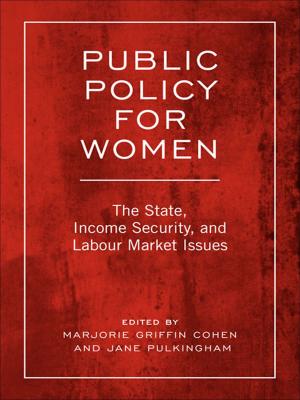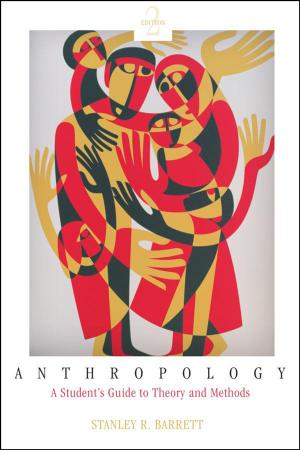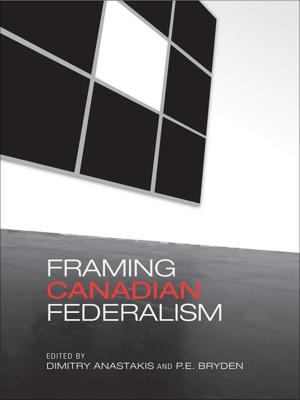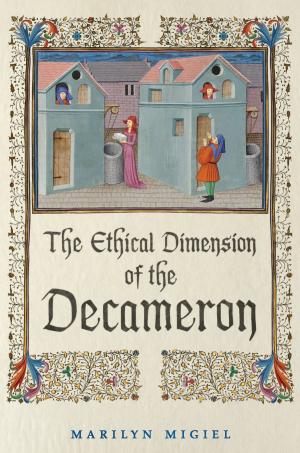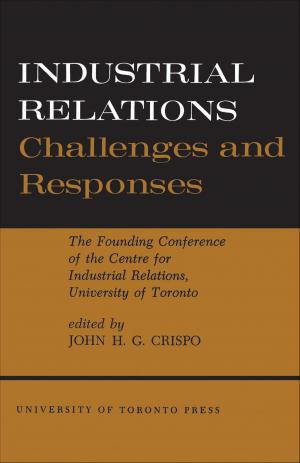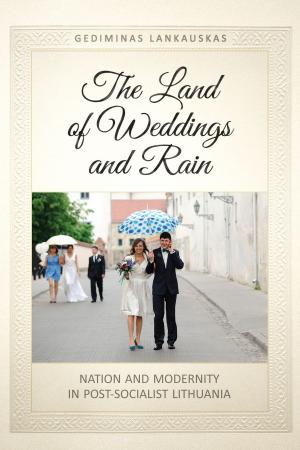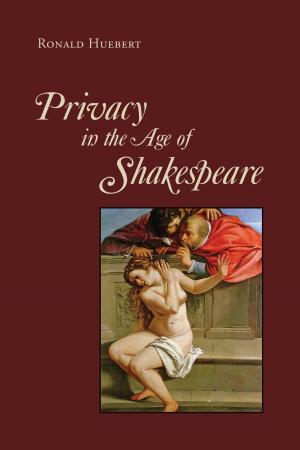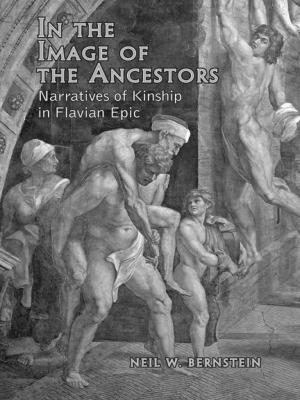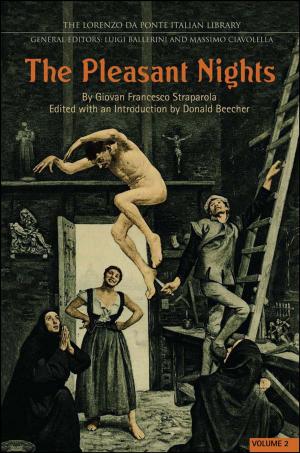Marsilius of Padua at the Intersection of Ancient and Medieval Traditions of Political Thought
Nonfiction, History, Medieval, Religion & Spirituality, Philosophy, Political, Social & Cultural Studies, Political Science, Politics, History & Theory| Author: | Vaileios Syros | ISBN: | 9781442663886 |
| Publisher: | University of Toronto Press, Scholarly Publishing Division | Publication: | December 31, 2012 |
| Imprint: | Language: | English |
| Author: | Vaileios Syros |
| ISBN: | 9781442663886 |
| Publisher: | University of Toronto Press, Scholarly Publishing Division |
| Publication: | December 31, 2012 |
| Imprint: | |
| Language: | English |
This book focuses on the reception of classical political ideas in the political thought of the fourteenth-century Italian writer Marsilius of Padua. Vasileios Syros provides a novel cross-cultural perspective on Marsilius’s theory and breaks fresh ground by exploring linkages between his ideas and the medieval Muslim, Jewish, and Byzantine traditions.
Syros investigates Marsilius’s application of medical metaphors in his discussion of the causes of civil strife and the desirable political organization. He also demonstrates how Marsilius’s demarcation between ethics and politics and his use of examples from Greek mythology foreshadow early modern political debates (involving such prominent political authors as Niccolò Machiavelli and Paolo Sarpi) about the political dimension of religion, church-state relations, and the emergence and decline of the state.
This book focuses on the reception of classical political ideas in the political thought of the fourteenth-century Italian writer Marsilius of Padua. Vasileios Syros provides a novel cross-cultural perspective on Marsilius’s theory and breaks fresh ground by exploring linkages between his ideas and the medieval Muslim, Jewish, and Byzantine traditions.
Syros investigates Marsilius’s application of medical metaphors in his discussion of the causes of civil strife and the desirable political organization. He also demonstrates how Marsilius’s demarcation between ethics and politics and his use of examples from Greek mythology foreshadow early modern political debates (involving such prominent political authors as Niccolò Machiavelli and Paolo Sarpi) about the political dimension of religion, church-state relations, and the emergence and decline of the state.



